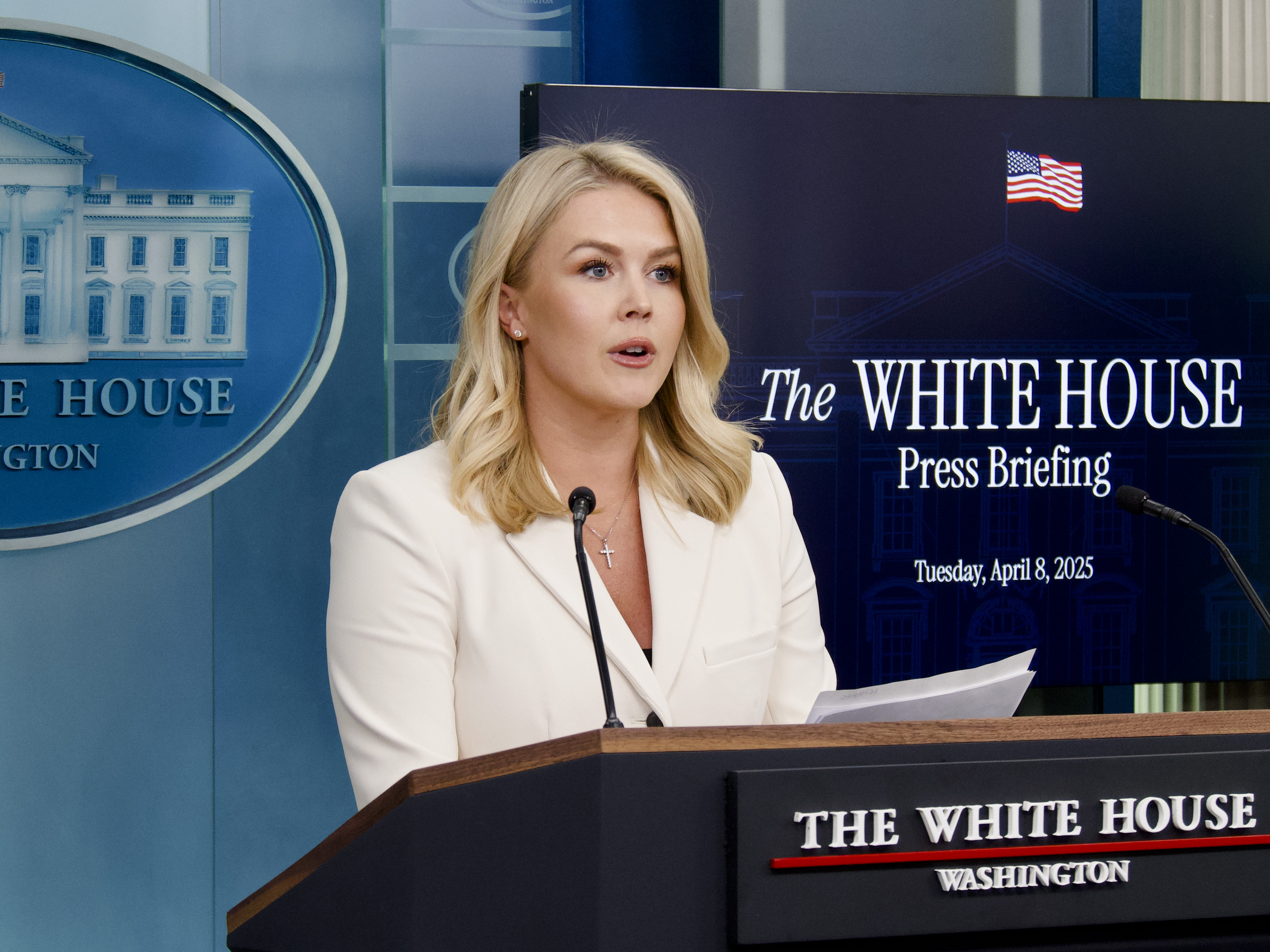Here is the latest
•
House Republicans Defend Trump’s 104 Percent China Tariffs
•
House Republican Says Tariffs ‘Very Risky’
•
Trump: Tariffs Bringing In 'Almost $2 Billion a Day'
•
House Republicans Meeting With Trump to Discuss Budget Plan
•
Trump to Impose 104 Percent Tariffs on China Tonight




